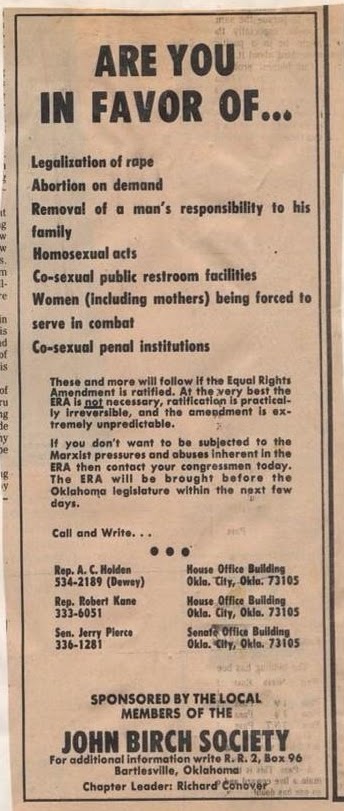Women's Advocacy Day in Raleigh is Tuesday,
Feb. 24, from 8:30 a.m. - 2 p.m., Raleigh. Representatives from your chapter are going to knock on doors in the State Capital. You can, too. Here's how.
A. Register IN ADVANCE. Here is the registration form.
Please preview it, as you may wish to check in with the NOW Chapter before completing it.
A. Register IN ADVANCE. Here is the registration form.
Please preview it, as you may wish to check in with the NOW Chapter before completing it.
B. Let the Asheville NOW Chapter know you're coming. Email AshevilleNOW@live.com. Tell us if you need a ride, want to room with Asheville women, or wish to meet with a particular legislator or represent a specific issue.
C. Identify your legislative representatives. (1) Go to NC Public Voter Search and look up your personal information. (2) Go to the NCGA Representation page, and enter the results from step (1).
D. Familiarize yourself with your issue and what you can expect during your visit to the State Capital. Asheville Chapter officers will likely choose to talk about the ERA, but you can choose a different focus area.
For more information on this year's Women's Advocacy Agenda priorities and training sessions you can attend prior to meeting with legislators, visit the NC Women United event page. It's chock full of great "INTEL."
E. Check in on the FaceBook event page. (1) Click "Going." (2) See if you have friends headed to Raleigh that day. (3) Network and think about forming coalitions for future action. Bring that thinking back to the chapter. (4) Share the heck out of the invitation and encourage other women to attend.
ACCOMMODATIONS
The Asheville NOW chapter officers will room
at the Red Roof Plus, 1813 S. Saunders
St., Raleigh. If you make your own reservations, we got a great rate
through www.booking.com.
As each person is responsible for the cost of her/his accommodations, currently estimated to be in the $50 range for the two night stay, we recommend the "stack and pack" approach. If funds or availability of specific types of food are needed, please pack snacks. Breakfast is included with the room reservation.
As each person is responsible for the cost of her/his accommodations, currently estimated to be in the $50 range for the two night stay, we recommend the "stack and pack" approach. If funds or availability of specific types of food are needed, please pack snacks. Breakfast is included with the room reservation.
CARPOOLING
Individuals who are driving will be able to
provide transportation for some women who'd rather not. Only the driver will be
able to charge her phone in the car, so please
remember your wall chargers. We're going to need fully charged
cell batteries.
ATTIRE
& PACKING
Essential attire may be limited to 2 casual
wear outfits, 1 "corporate" professional outfit/suit, your PJs, and
an outer layer. Please limit yourself to one small case or duffel including
your electronic devices, and your handbag.
You may need comfortable shoes that fit in your bag if you plan to wear heels Tuesday. We don't know how much walking or standing is involved. Those who do not wish to carry a handbag may want to bring a travel belt to wear under their clothes, as lunch will be on our own.
You may need comfortable shoes that fit in your bag if you plan to wear heels Tuesday. We don't know how much walking or standing is involved. Those who do not wish to carry a handbag may want to bring a travel belt to wear under their clothes, as lunch will be on our own.
WHEN
YOU ARRIVE
The Asheville NOW Chapter may choose to meet up
for dinner on Monday, Feb. 24, to discuss our plan of action for the next
day. Here's what we know.Sound like fun? Then let's get going!




